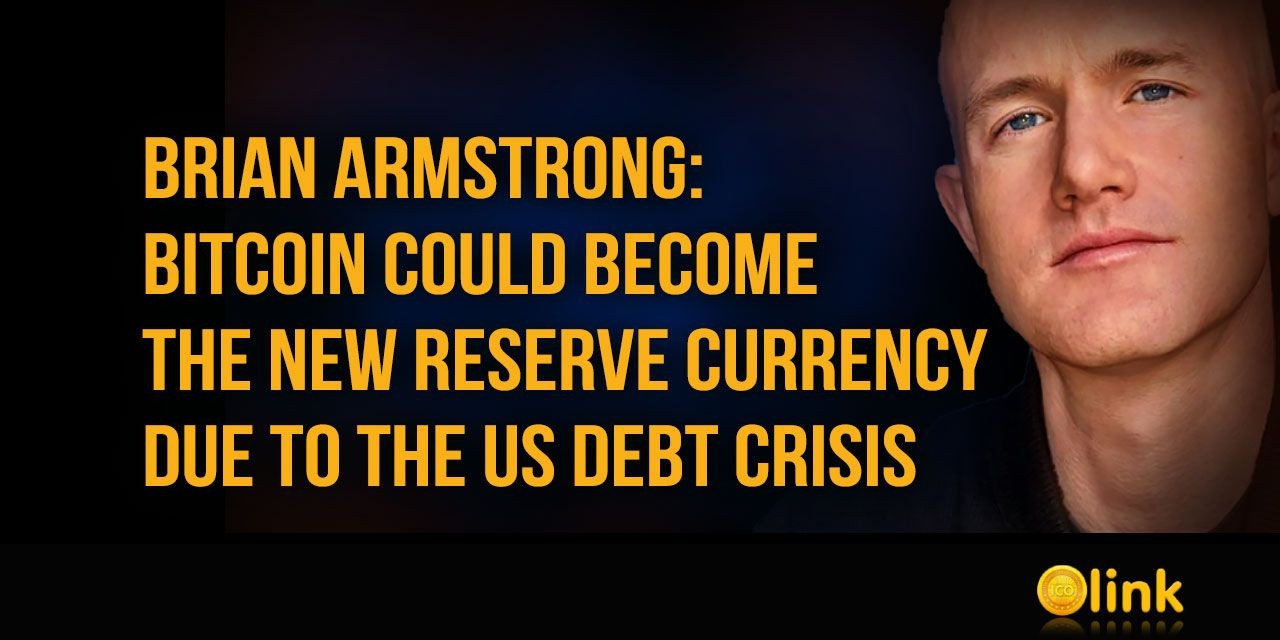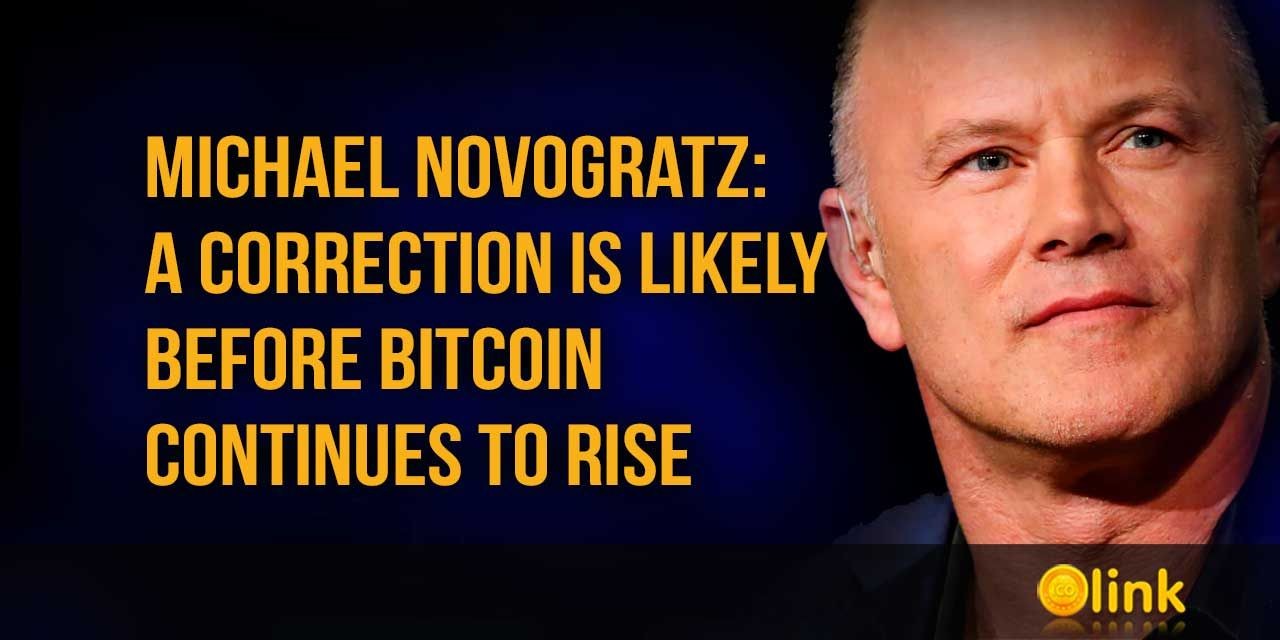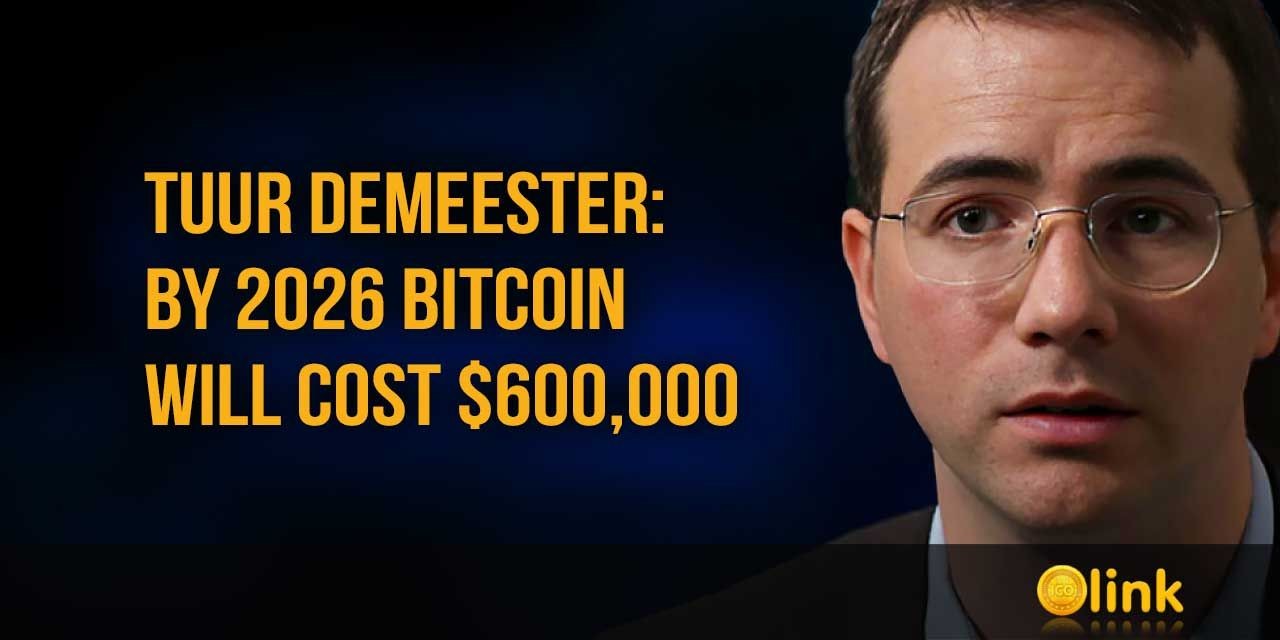btc
Here you will find all posts tagged btc
About btc ℹ️
BTC, short for Bitcoin, is the first and most well-known cryptocurrency, created by an unknown person or group of people using the pseudonym Satoshi Nakamoto in 2008. Bitcoin operates on a decentralized peer-to-peer network, allowing users to send and receive payments without the need for intermediaries like banks or payment processors. Bitcoin is often referred to as digital gold due to its scarcity and store of value properties. The total supply of Bitcoin is capped at 21 million coins, making it a deflationary asset that is resistant to inflationary pressures. Bitcoin transactions are recorded on a public ledger called the blockchain, which ensures transparency and security by verifying and confirming transactions through a process called mining. Bitcoin has gained widespread adoption and acceptance as a form of digital currency and investment asset. It is traded on numerous cryptocurrency exchanges and can be used to purchase goods and services from merchants that accept Bitcoin payments. Additionally, Bitcoin has attracted institutional investors and hedge funds as a hedge against economic uncertainty and inflation. Despite its popularity, Bitcoin has faced criticism and challenges, including concerns about its scalability, energy consumption, and environmental impact. However, proponents argue that Bitcoin's decentralized nature, censorship resistance, and financial sovereignty make it a valuable and revolutionary innovation in the world of finance and technology.
Bitcoin's Inner Circle: A Narrative Unveiled
Michael Novogratz Predicts Bitcoin Correction Before Future Growth
Matt Hougan Predicts Major Institutional Surge in Bitcoin ETF Investments
Justin Sun Debunks Rumors with $1.6 Billion Bitcoin Wallet Screenshot on HTX
MicroStrategy Eyes S&P 500 Entry Amid Soaring Market Cap and Bitcoin Holdings
Tuur Demeester Predicts Monumental Bitcoin Price Surge by 2026
The Resilience of Bitcoin and Ethereum Impresses Bloomberg Analyst
Investing in Bitcoin: Senator Cynthia Lummis' Solution to Rising Inflation and National Debt
Crypto Market Recovery: Anthony Scaramucci Shares Optimistic Views for Major Cryptocurrencies









